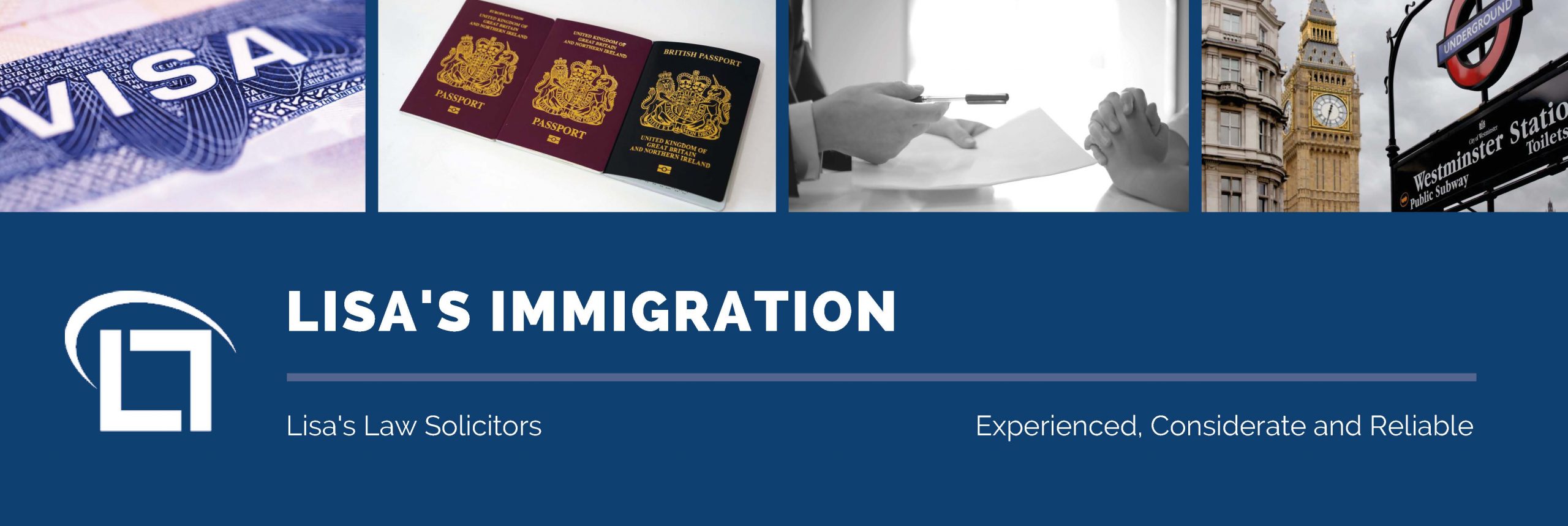Stamp Duty Land Tax (SDLT) is usually something people associate with purchasing a property or land rather than with renting tenants, but it may surprise you to know that certain long term renters have had to pay 1% SDLT since 2003.
Who is effected?
People who have been renting for a substantial amount of time, having made £125,000 worth of rental payments, may have to pay 1% SDLT on the property. SDLT may be due on the grant of a lease (tenancy agreement) and is assessed by reference to the ‘Net Present Value’, meaning the total value of the rent.
Many tenants have been caught out by this clause simply because they are unaware of their tax obligations, leaving them in with a horrible surprise when SDLT arises as an issue they must deal with.
£125,000 threshold
To be clear, the threshold currently sits at £125,000 – the threshold for zero rate band SDLT for residential conveyancing. It means people who are paying rent which has equated to more than this sum are obliged to pay up. In the current state of affairs, with many people falling under the umbrella term of Generation Rent, with the amount of people renting increasing while homeownership falls, it is highly probable that more and more people will find themselves paying this surprising Stamp Duty.
Net present value is calculated by taking into account the highest 12 monthly rent in the first 5 years of the tenancy. It is done via a complicated formula which maybe the HMRC is only capable of understanding. If anyone is interested in test it, their online calculator is available here: https://www.tax.service.gov.uk/calculate-stamp-duty-land-tax/#/intro .
Roughly speaking, if someone’s rent adds up to £17,800 each year then they may be liable to pay the 1% SDLT in their seventh or eighth year of the tenancy.
It should be noted that when calculating the term of the tenancy, it is likely to include both fixed term tenancy and periodic tenancy (where the tenancy continues after a fixed term).
Consequences of not paying?
Failing to pay in what is described as a ‘timely fashion’, which actually means within three months of the filing date, the renter could incur a £100 fine.
Where no payment is made after three months passes that penalty will rise to £200, and could continue to rise to the full amount of the tax due if the return is 12 months overdue.
What is more, and will come as another blow to the renting community, is that although the Stamp Duty holiday is currently being taken advantage by many, it does not apply to renting arrangements. The reason for this is because the scope of the holiday relates to tax being lifted for buyers rather than renters, which will offer no comfort to those who do not own their homes.
What can you do to check?
We advise people to take action to discover what their personal situation is, as in cases such as this ignorance is not bliss; it is better to be prepared rather than be caught off guard.
If a person is close to reaching the threshold, they are encouraged to reach out to HMRC, who should be able to offer further advice on the amount which needs to be paid, and how the tax should be met.
Of course, in matters like this Lisa’s Law are able to offer advice and peace of mind for anyone who finds themselves worrying about such things.
Have questions? We are here for you!
In the meantime, we are operating as usual, and you can reach us on 020 7928 0276 or email in to info@lisaslaw.co.uk for any questions you may have on this topic.
Or, why not download our free app today? You can launch a new enquiry, scan over documents and much more.
If you have an iPhone, follow this link to download.
If you use an Android phone, follow this link to download.
Find the link here if you need some further instructions on how to use our new app!




















